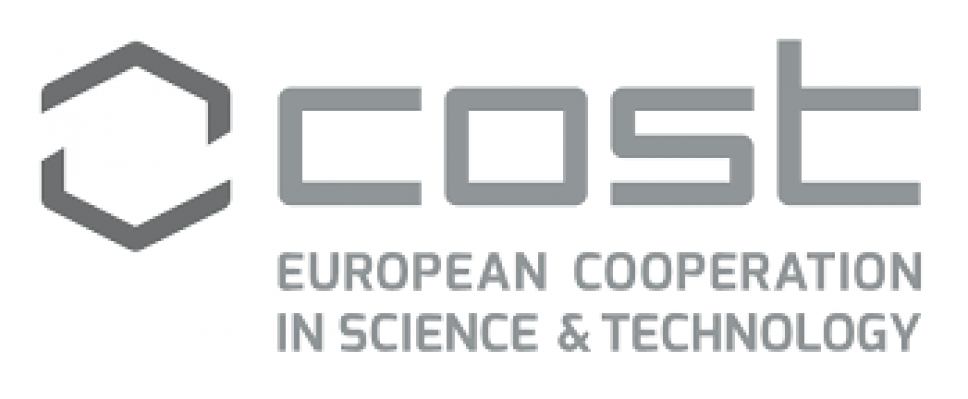COST Action

COST ACTION
The European Cooperation in Science and Technology (COST) funds the creation of research networks, called COST Actions, which offer an open space for collaboration among scientists across Europe (and beyond) stimulating research advancements and innovation and complementing national research funds. Since 1971, COST receives EU funding under the various research and innovation framework programmes, such as Horizon 2020.
The COST places emphasis on actively involving researchers from less research-intensive COST Countries (Inclusiveness Target Countries, ITC). Researchers from Near Neighbour Countries and International Partner Countries can also take part in COST Actions, based on mutual benefit. For more information, please visit the global networking page.
COST is bottom up action that endow researchers to create a network based on their own research interests and ideas, by submitting a proposal to the COST Open Call. The COST action can fund proposal in any science field intending to be highly interdisciplinary and open. It is possible to join ongoing Actions, which therefore keep expanding over the funding period of four years. They are multi-stakeholder, often involving the private sector, policymakers as well as civil society.
COST funding are exclusively dedicated to cover collaboration activities, such as workshops, conferences, working group meetings, training schools, short-term scientific missions, and dissemination and communication activities. Information on funding categories can be found of the funding section of COST page.
Important information on COST Actions
■ open to researchers and innovators;
■ collaborating in a field of science and technology of common interest to at least seven COST Members/Cooperating Members;
■ based on a joint work programme lasting four years;
■ answering to the COST Open Call for proposals;
■ COST Action is open to all:
- science and technology fields (including trans-, and interdisciplinary, new and emerging fields);
- institutions (academia, public institutions, SME/industry, NGO, European/international organisations, etc.);
- career stages (both young and experienced);
- COST Members;
■ COST Action funding - meetings, conferences, workshops, short-term scientific missions, training schools, publications and dissemination activities;
■ COST Actions lead to establishing synergies with EU-funded research projects;
■ Each Member and the Cooperating Member Israel nominate a COST National Coordinator.
Non-COST Members are spread across the Near-Neighbor Countries1 and International Partner Countries2 and can join on the basis of mutual benefit.
Useful links:

